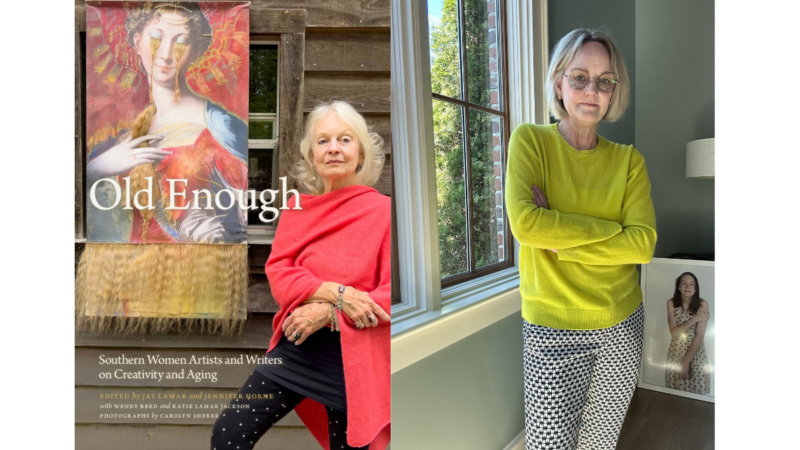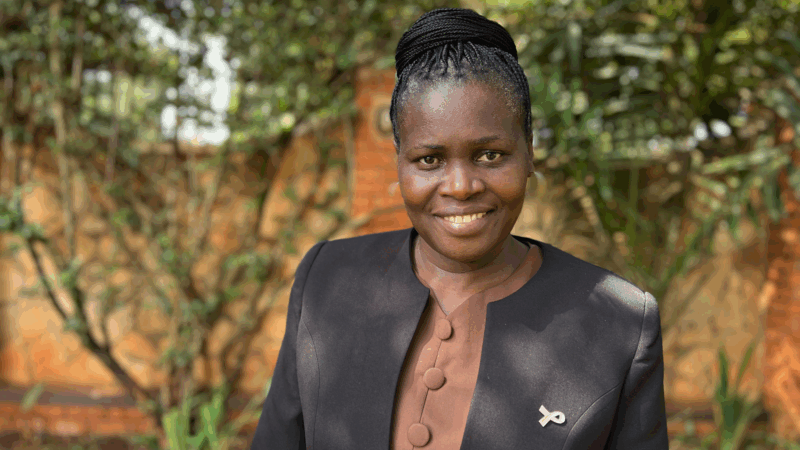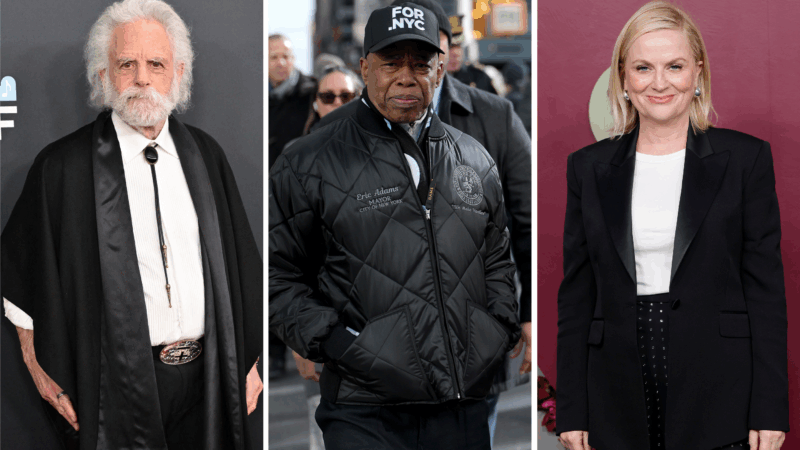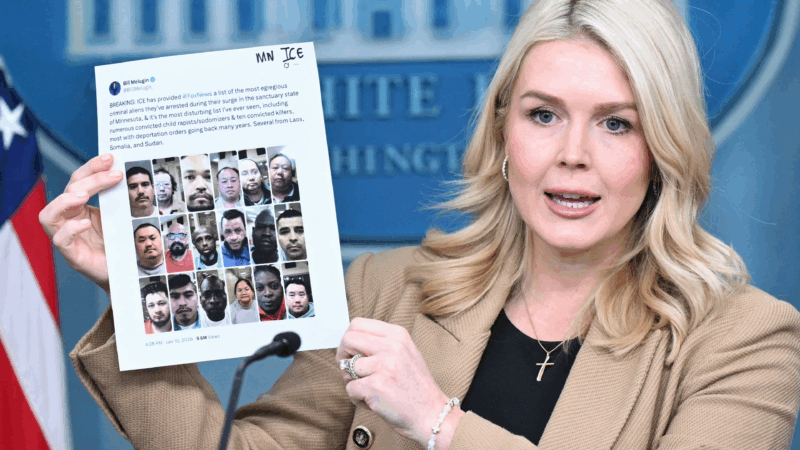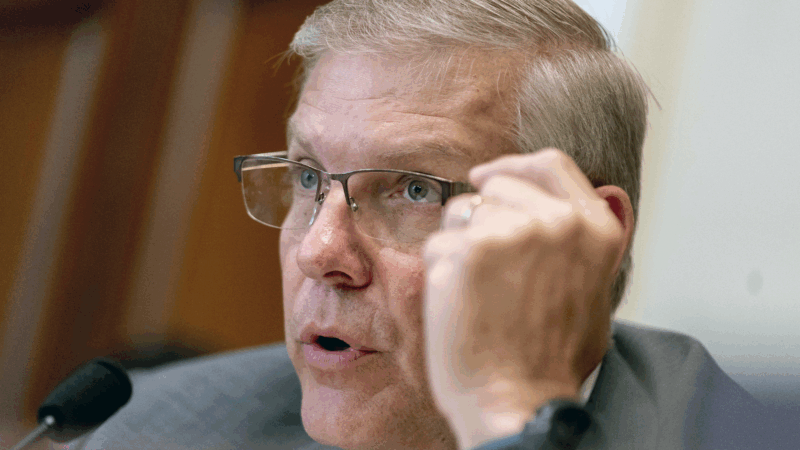New book tries to recapture the narrative on aging
Look at mainstream culture and it’s clear – youth is king. But a new book pushes back against that notion. The book Old Enough celebrates the process of aging. It consists of 21 essays from older Southern women artists who reflect on ageism, loss, and health issues. But they also talk about how art has shaped them and how aging has encouraged them to continue creating and exploring.
Carolyn Sherer is not only a contributing essayist, she took portraits of the writers that accompany each essay.
She sat down with WBHM’s Kelsey Shelton to talk about her essay and her photography.
This interview was edited for length and clarity.
Carolyn, tell us a bit about the kind of art you make.
I create individual images to create a composite portrait of often marginalized communities. So the idea is to put a face on a community that’s been invisible or marginalized in some way. And I’ve done one that the gay community is very familiar with, and some other people maybe as well, for the Civil Rights Institute. The first one was “Living in Limbo: Lesbian Families in the Deep South.”
You faced backlash for that exhibit, correct?
Yes. One of our major local university’s office of diversity pulled their logo from the poster because they thought it was too controversial. Then the printer had to have the poster printed at night, when the man who usually used that piece of equipment was gone. He had refused to print it because of religious reasons.
It was a galvanizing force in our community. People started going to their employers and asking for same-sex benefits. It was a turning point for us. And it was freeing. And in that exhibit, a lot of the lesbian families had their backs to the camera because they were afraid of consequences. And at the opening, which was huge, people came out of the closet. Everybody’s out of the closet, even the ones with their, back to the camera. So it was a social movement. And it never would have happened without Dr. [Lawrence] Pijeaux and Ahmad Ward, who were at the Civil Rights Institute at the time.
There were also public and private conversations that were sparked because of it. For example, there was a woman on the city council who publicly stated that she was appalled that the Civil Rights Institute would show the work, that she didn’t want the gay community to appropriate the Black Civil Rights Movement. I didn’t say anything, but the president of the board of directors of the BCRI, who was the daughter of a civil rights leader in Birmingham did. She said civil and human rights are for everybody. Period.
In your essay you talk a lot about the generational divide that exists within the LGBTQ community. You have a quote that says, “I want to ask, ‘do you know where we have been?’” Tell me about that – where have you been, and why should younger people be aware?
There’s always going to be a generation gap. It doesn’t matter if you’re gay or straight. Younger people don’t know their history because they typically were raised by heterosexual parents. The schools certainly don’t teach the history. We have been in a situation where there were absolutely no legal protections for the LGBTQ community. It’s actually not much better. But, socially, people have moved on as though they do exist.
I would say to young people, find somebody who’s lived through the 60s, 70s and 80s and talk with them and really make it your responsibility to understand how it was to live without being a fully-equal citizen and then educate yourself about the candidates and vote. I’m pretty confident that this younger generation of straight and gay kids, and everywhere on the spectrum, that they’re not going to let us lose our rights again.
In the book, you say aging has set you free. How has it?
I think like most women my age, and I was born in 1957, I think most women my age feel confident in their perspective, and it’s a strength that’s born from a lifetime of wins and losses. It just is. Having that strength and insight allows me to pretty much do what I think is right now without worrying about what other people think or are going to do to me.
Portraits from Old Enough can be seen at the Montgomery Museum of Fine Arts until August 11.
This hospice has a bold new mission: saving lives
A hospice in Uganda asked itself: Can we do more than ease the pain of dying? Can we actually prevent deaths from cervical and breast cancer?
Ivey releases proposed state budgets
Lawmakers are often running in Montgomery having finished the first week of this year's legislative session. It's a week that saw the announcement of Gov. Kay Ivey's budget proposal, along with the first bills starting to make their way through the legislative process. We talk about that with Todd Stacy, host of Capital Journal on Alabama Public Television.
Canada agrees to cut tariff on Chinese EVs in return for lower tariffs on Canadian farm products
Breaking with the United States, Canada has agreed to cut its 100% tariff on Chinese electric cars in return for lower tariffs on Canadian farm products, Prime Minister Mark Carney said Friday.
What do eggs, Grok and Greenland have in common? They’re all quiz-worthy! Are you?
See if you can get a perfect score for once.
Minnesota shows what happens when governing and content creation merge
As President Trump approaches one year back in office, the policies his administration pursues — and how those policies are communicated — have been increasingly shaped by social media.
House Republicans are investigating Jan. 6. NPR fact-checked the first hearing
A Republican-led congressional subcommittee is leading a new investigation into the Jan. 6, 2021 attack on the Capitol. Do their claims add up?

